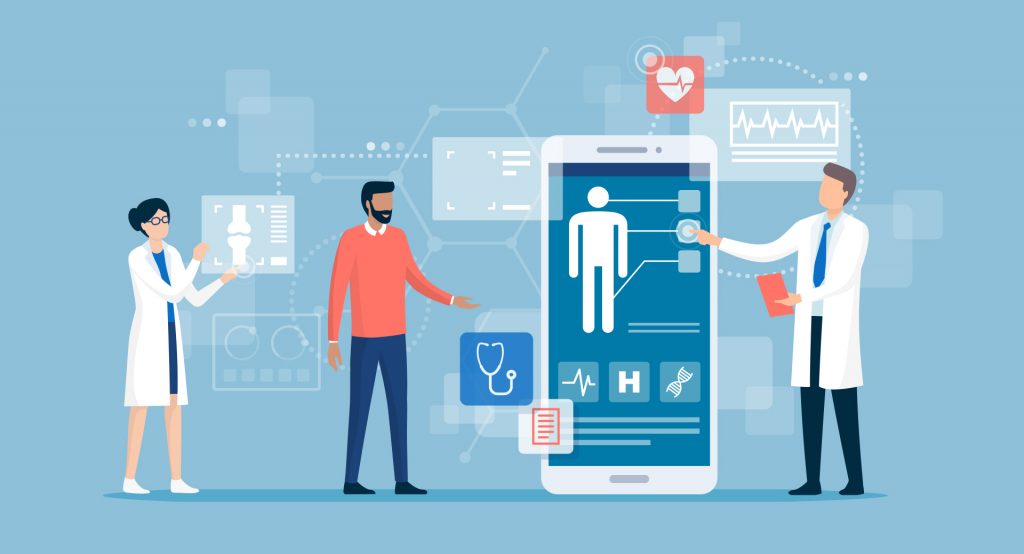
It may seem too early to speak of silver linings, but it is easy to see how the changes forced on us by COVID-19 will make health care better. Crises accelerate history.
All involved in healthcare, from providers to patients, will leave this moment with a heightened sense of infectious disease, of the need for precautions, of the reality that everyone must be considered a vector of infection. We should accept that normal will change. Wearing masks will soon look normal, as it does in other parts of the world.
The risk of spreading infection, whether through patients, health care providers, learners, or visitors, will need to be factored into all health care encounters. We will need to build ways to mitigate this risk. CastleBranch’s COVID-19 Compliance tool is simply a first step on this journey.
Virtual care will expand exponentially. Many jurisdictions around the world are considering “virtual first” policies — where all screening of all patients will be done virtually to limit the risk of unnecessary in-person encounters. When done well, virtual care will improve healthcare; it will be less risky, just as effective, and more convenient for all.
The trouble with virtual care is we cannot be sure we are good at it, at least not yet.
Healthcare over the phone is great, until it is not. Much of our human communication is non-verbal. Whether we are patient or provider, we are likely unaware of how much we rely on non-verbal cues. Important information could be lost.
Healthcare over the various digital platforms can be great, but has its limits. For instance, providers must always decide whether an in-person follow-up is needed.
There is a need for training, protocols and education to develop this expertise quickly, with faculties and hospital systems eager to address these needs.
The mobility of healthcare providers and learners may be affected. Clinics and hospitals will need confidence that all individuals entering their workplace can demonstrate they are safe to do so. This need to demonstrate safety will extend beyond concerns about COVID-19. The current health and medical history of the healthcare worker will be increasingly relevant to hospitals and employers.
These are difficult times, challenging us to evolve. As a member of the Infectious Disease Council, I look forward to the challenge.